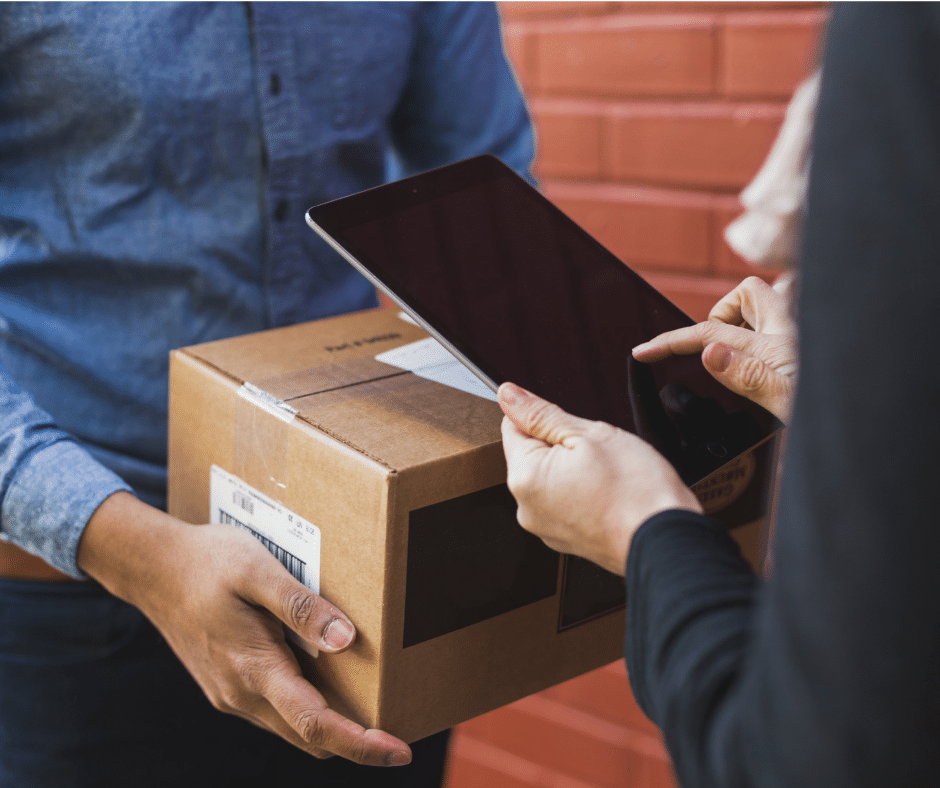Top 6 Inventory Features to Look For In a POS

When shopping for a POS, there’s a lot to consider. From customer relationship management to integrated payments, and the quality of the app integrations and support services, it can be hard to tell which POS company is the best fit for your business.
There are a few inventory management features you should look for, especially if you plan to scale your retail business. Why? Because if you’re set up with the right system from the get-go, you won’t need to invest in another one — or start over — once you’re ready to grow.
Plus, issues caused by poor inventory management—like stockouts or inventory shrinkage—can add up to significant losses that will hurt your business in the long run.
Read our POS checklist for solid inventory management features and questions you can ask the POS company you’re considering.
Self-serve import tool
As a new retailer or one who recently switched to a new POS system, it’s normal to want some help getting your inventory organized the first time. But once you’re past that first hurdle, it shouldn’t be a painful or complicated process to update your stock after receiving a new shipment of inventory. In fact, it should all be automatic.
An import feature built into the POS system allows you to create, update and validate items in bulk, and on your own time.
Questions to ask:
- Can I do bulk imports? Up to how many items?
- Will the system send me an email when it’s complete?
- Can I import matrix items? (e.g. Item variants like size, color, and material)
- Can I import items myself or am I dependent on tech support?
Built-in vendor catalogs
Do you always use the same vendors when ordering stock? POS systems with pre-loaded industry-specific catalogs built into the system make it even faster to import items to your inventory. It also helps you avoid stockouts and makes special orders much easier to manage.
How can it help avoid stockouts? If your system has an automatic reorder-point feature (not every system does, but many do), you’ll be notified that certain products are low in stock which can automatically be sorted and added to purchase orders — all from within your POS.
Questions to ask:
- Are there built-in vendor catalogs?
- Are their catalogs from my industry?
- Is it possible to add a vendor catalog to the system?
Special orders and layaways
When a customer wants an item your store doesn’t carry, don’t send them to the competition — create a special order for any products you don’t have in stock, or create a layaway order in the system to set products aside.
Not only should it be simple to make special orders, but your system should also make it simple to manage them all. If a customer comes in to pay for their item, for example, don’t make them wait while you rummage through your files trying to find what they came in for. When your customer is in front of you, look up your vendor catalog from within your POS and create the special order, or add a deposit for the layaway, etc.
Questions to ask:
- Can I make a special order or layaway without an add-on or workaround?
- Can I add a deposit to a special order?
- Can I close a sale from within the special order?
Multi-location management
If you plan on growing your business, this feature is a no-brainer. From adding locations to your system to inventory transfers and centralized purchasing, stock management should be one less thing to stress about when you’re juggling more than one retail store.
Your POS system should give you the flexibility to do what works best for your business.
Questions to ask:
- Can I transfer inventory between locations? Including special orders?
- Are purchase orders centralized in the system?
- Is my inventory assigned to each user per location, or to my POS registers? (If you regularly shuffle staff between locations, make sure your per-location inventory is assigned to your POS registers, not users)
Centralized inventory in-store and online
Think about whether or not you plan to sell both in-store and online. You should be able to sell across multiple channels but manage all of your inventory from one space — not two. A POS with omnichannel capabilities means all key data—inventory, customers, and reports—are fully synced in real-time.
After all, who has time to constantly duplicate items and reconcile inventory between two platforms?
Questions to ask:
- Can my POS fully sync with an eCommerce platform?
- Do I have a single view of my inventory, customers, and reports?
Work orders for services and repairs
Do you offer repairs or personalized services? Your POS should make it easy to keep track of them, too. If a customer comes in looking for their item — just like your special orders and layaways — don’t make customers wait while you look for what they need. You also don’t want to have to jump between two systems, as opposed to tracking everything from one place, in order to help a customer.
Questions to ask:
- Are work orders included in the system or as an add-on feature?
- Does it have space for special notes?
- Can I attach images of the item?
- Can I send a quote to a customer for a repair?
Not sure which systems have which features or which ones do it best? Keep a list of your POS needs and ask questions during your product demo before you buy. Even better? Take it a step further and get a free trial.